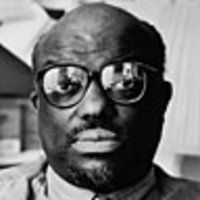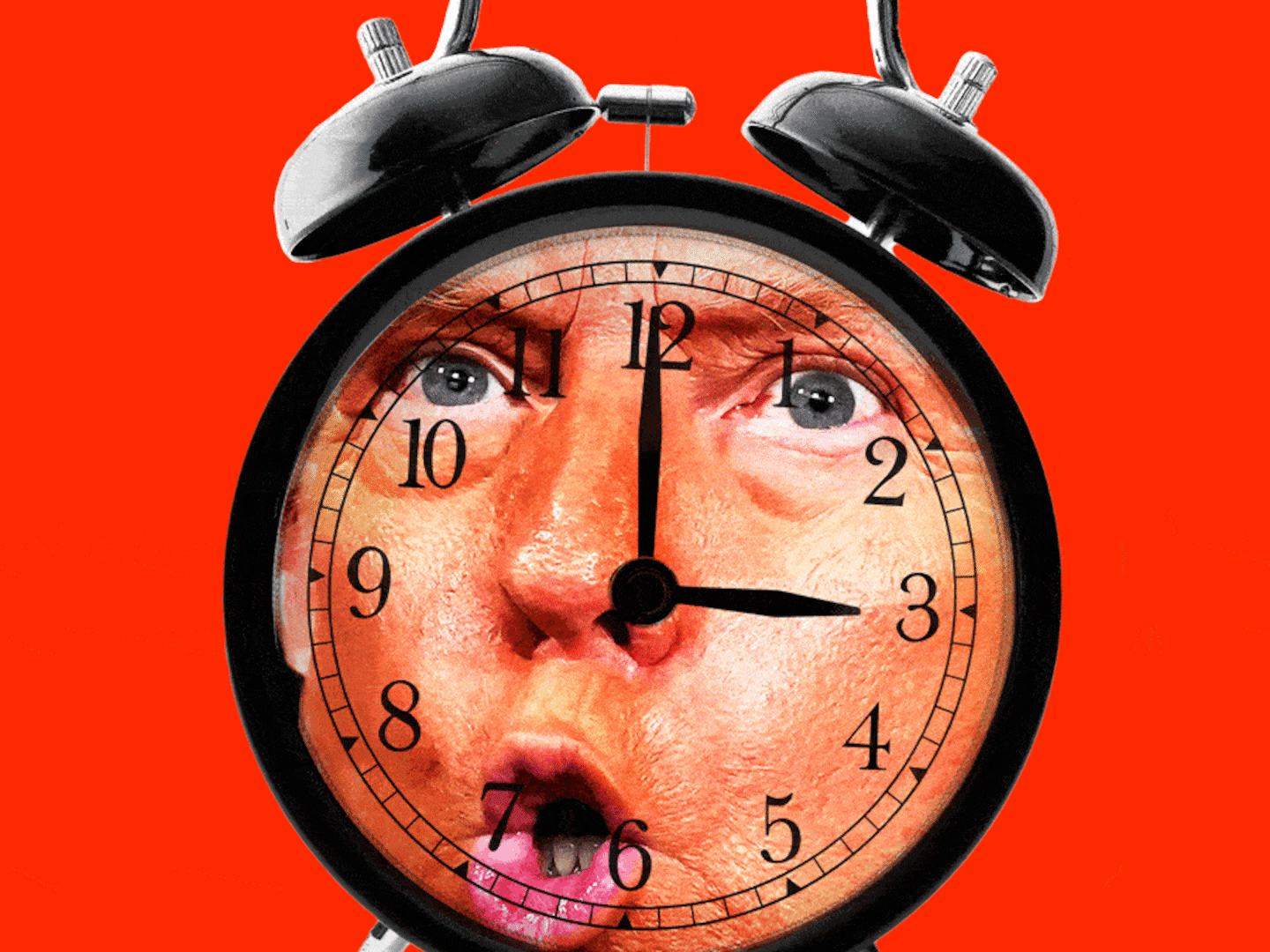
Overstatement is the coin of the commercial realm and plenty has been spread around since the death of Michael Jackson. A perfect example was the memorial for the fallen entertainer today.
It is good and expected that each generation should have its own teenage heroes and do the best that it can with them until growing up and moving beyond the lightweight (but substantial weight) of its adolescence. It is obvious that Michael Jackson’s value to our contemporary world is the result of the technological repetition that has helped to protract adolescence into old age. Our history as the most important nation of the modern age has much to do with how well we have done holding back the dehumanization that comes with the technology that has had an ever more dominant position in our lives, from how and when we communicate to how, when, and where we store knowledge.
Michael Jackson became bigger as big business swelled forward, having discovered that the most lucrative market was young people who thought that they were the ones earning expendable income, not their parents.
Early on, we made a deal in which commercial fluff was rebutted by quality whenever it could be squeezed into programming schedules. Michael Jackson became bigger as big business swelled forward, having discovered that the most lucrative market was young people who thought that they were the ones earning expendable income, not their parents.
Soon kids had their asses kissed with such regularity that they began to believe that they actually had a worldview equal to, if not superior to, those held by their parents and other adults.
Michael Jackson was a good rhythm and blues singer, not a great one—if we compare his skills to those of Smokey Robinson, Marvin Gaye, Stevie Wonder, and Al Green. No contest. He was a first-class rhythm and blues dancer, but was not even close to the level of dancing skill shown by Sammy Davis, Jr. Even less of a contest.
What he actually happened to be was mostly a product, a flesh and blood special effect only as human as needed to move units and thrill audiences.
As a special effect—a moving picture of a moving image—Jackson helped far too many of us become even more comfortable with counterfeit than we might have had we not had his example. But then we might have ended up in the same place had we only been led to perpetual adolescence by Prince and Madonna. Both made the most of fraudulence and whatever ultimately vulgar product they could produce.
Michael Jackson was not a vulgarian. He chose to have plastic surgeons make him look like Peter Pan and was a philanthropist along the lines that Pan might have been if he was an entertainer with millions to donate to good causes.
Jackson was—most importantly to many who judge all by commercial success—the most successful enertainer to come out of rhythm and blues, rock, and their derivatives. A hundred million units of Thriller should be enough to guarantee him ongoing fame, but his global fans have been programmed to overstate the value of their teenage taste and to live in terms of it. Someday they may all moonwalk with MJ in the great big Neverland in the sky. That would be cosmic justice, if nothing else.
Stanley Crouch's culture pieces have appeared in Harper's, The New York Times, Vogue, Downbeat, The New Yorker, and more. He has served as artistic consultant for jazz programming at Lincoln Center since 1987, and is a founder Jazz at Lincoln Center. In June 2006 his first major collection of jazz criticism, Considering Genius: Jazz Writings, was published. He is presently completing a book about the Barack Obama presidential campaign.






